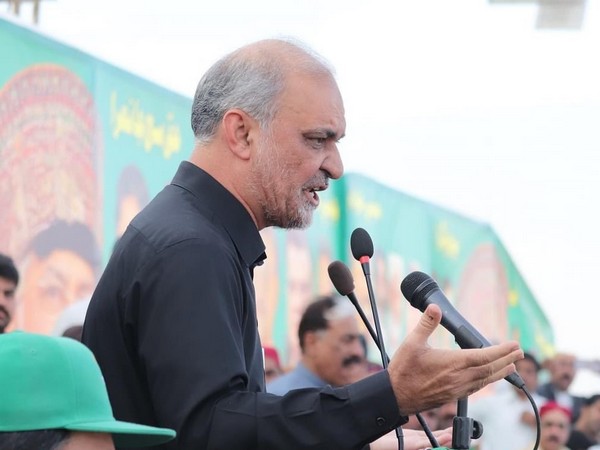Mass Sit-Ins in Karachi Highlight Skyrocketing Utility Costs and Tax Burden
Jamaat-e-Islami (JI) and other Islamic organizations held protests in Karachi on September 29 against high electricity costs and excessive taxes. The demonstrations, featuring funeral prayers for Hezbollah's Hassan Nasrallah, focused on the government's failure to address living costs and alleged collusion with power producers.

- Country:
- Pakistan
In a significant display of civil unrest, Jamaat-e-Islami (JI) alongside several Islamic organizations orchestrated sit-ins at 13 strategic locations across Karachi on September 29. The protests condemned the government's inability to mitigate soaring electricity costs and burdensome taxation. Demonstrators aimed to spotlight the escalating financial strains borne by the public.
During the demonstrations, attendees held funeral prayers in absentia for Hezbollah leader Hassan Nasrallah, officiated by JI Karachi Ameer Monem Zafar on the National Highway. According to The Express Tribune, Zafar criticized Pakistani leadership, stating, 'The nation's leaders are focused on dominating their people,' and accused the government of shielding the 'electricity mafia,' or Independent Power Producers (IPPs).
Zafar alleged collusion between the ruling regime and K-Electric in Karachi, extending similar accusations towards IPPs operating in other regions. Highlighting the plagues facing Karachi—a city of over 30 million residents—he referenced severe shortages of essential utilities and rampant civic issues. The sit-ins saw JI Karachi officials and district heads addressing protesters, who brandished placards and chanted against the current government.
Revisiting earlier protests, Zafar mentioned a demonstration on August 13 by JI's Rehman, advocating another protest following a deferred two-week campaign in Rawalpindi. This succeeded a July sit-in where JI pressed the government to amend electricity policies to ease public distress.
Pakistan's enduring energy crisis, rooted in the 1970s, remains a contentious issue, further aggravated by over-employment within the Ministry of Inter-Provincial Coordination (IPC).
(With inputs from agencies.)










